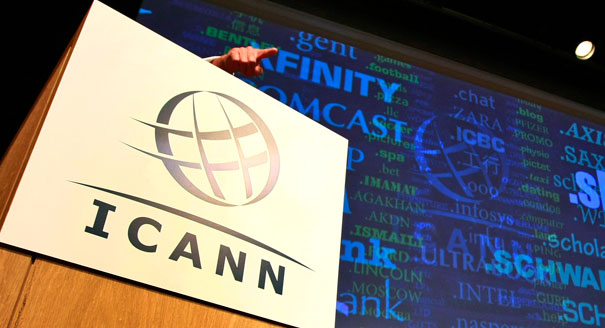Obama Should Not Put Free Speech on Internet at Risk by Giving Up US Oversight
by Senator Ted Cruz • The Daily Signal The incredible ingenuity of the American people invented the internet—one of the most transformational technologies in human history. But even though we…



